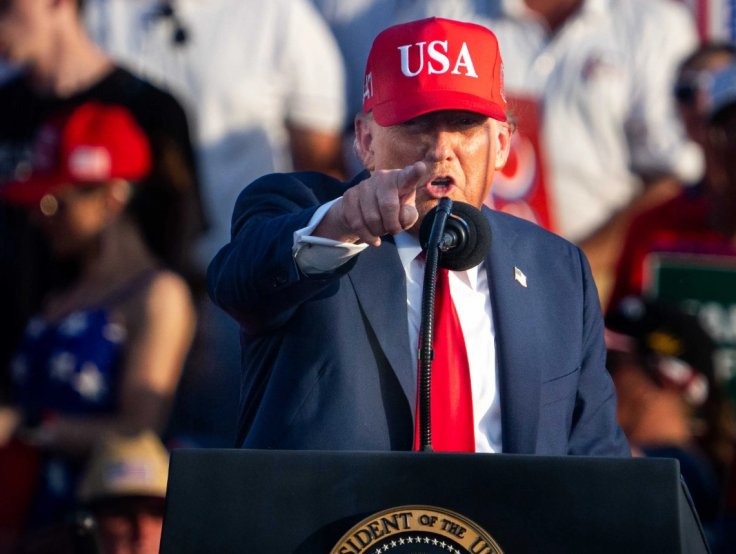The Trump administration is actively expanding its list of potential partners for the Golden Dome missile defense system, signaling a shift away from heavy reliance on Elon Musk's SpaceX. Sources say defense officials are now courting Amazon's Project Kuiper and major military contractors to diversify involvement in the $175 billion initiative.

This move follows a breakdown in relations between US President Trump and Musk, culminating in a public dispute on June 5. Even before the fallout, the Pentagon and White House had quietly begun seeking alternatives to avoid overdependence on SpaceX, which currently leads with its Starlink and Starshield satellite networks supporting military communications.
SpaceX, while still favored for launch contracts due to its record of over 9,000 satellite deployments, may see its share in the project reduced. Musk previously stated the company had not bid for Golden Dome and prefers to focus on space exploration. The company declined to comment further.
Amazon's Project Kuiper, though still in early deployment with only 78 of a planned 3,000 satellites launched, has drawn new interest from the Pentagon. Executive Chairman Jeff Bezos confirmed earlier that Kuiper's constellation would have defense applications. A company spokesperson declined to comment on current talks.
Meanwhile, traditional defense firms including Lockheed Martin, Northrop Grumman, and L3Harris are actively in discussions to support the Golden Dome. Lockheed said it is ready to assist, while L3Harris noted increased demand for its missile tracking systems. Northrop is developing a space-based interceptor, enhancing the shield's strike-back potential from orbit.
The administration's outreach now includes emerging space tech firms like Rocket Lab and Stoke Space. Officials confirm that as the program matures, individual launch contracts will be opened for competitive bidding. A senior U.S. official said Kuiper is considered a top candidate for satellite deployment.
Congress has already increased satellite funding, granting the U.S. Space Force $13 billion to accelerate production. The first $25 billion allocation under Trump's defense spending bill is expected soon. Security concerns remain, however, as commercial satellites must be fortified against cyber threats and electronic warfare.
Golden Dome, modeled after Israel's Iron Dome but on a global scale, is central to Trump's rapid defense push. Under a directive from Defense Secretary Pete Hegseth, Space Force General Michael Guetlein must deliver a complete implementation plan within 120 days of his July 17 Senate confirmation.
The program's future could reshape space militarization and global defense dynamics, while also redefining the tech-defense industry landscape amid political shifts and rivalries.
(With inputs from agencies)









